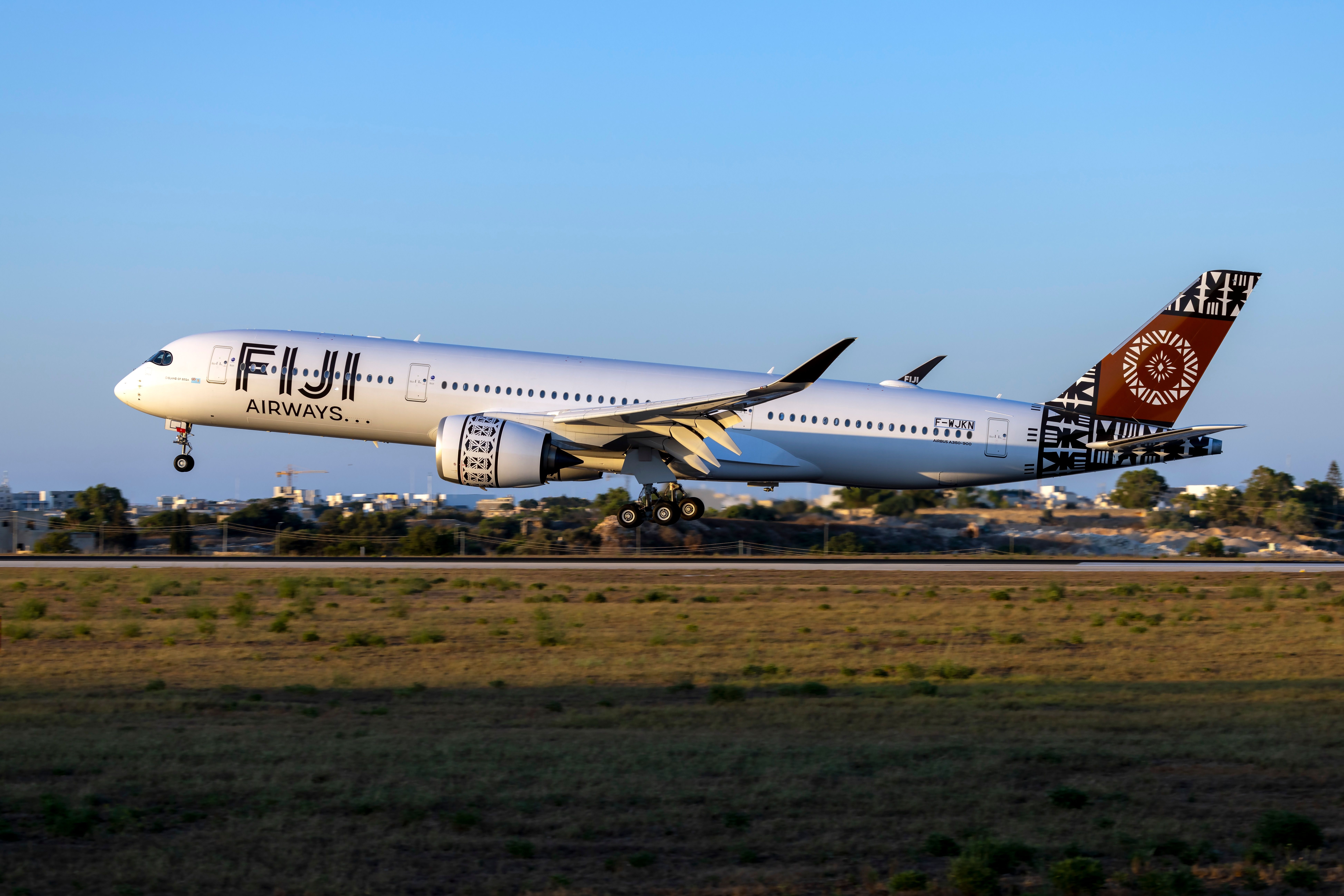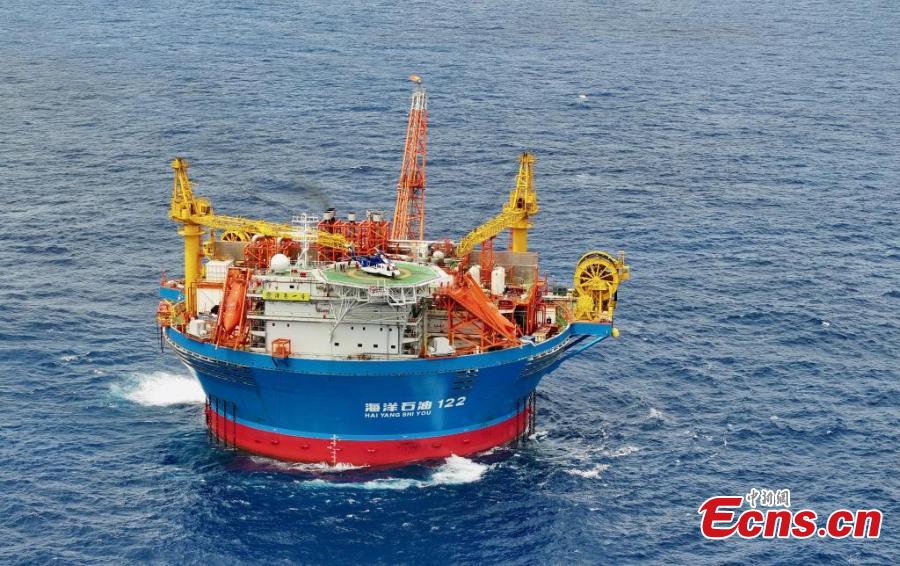
A feature of writing about aviation in 2023 was the constant news flow about an airline's first flight using sustainable aviation fuel. Given that everyone knows the engines have been cleared to run up to a 50% blend of renewable fuel, the flights seemed more about PR than any groundbreaking advancement. Time to shift to developing SAF production This year, there is a lot more focus on developing the production of sustainable aviation fuel (SAF) , which is the real challenge facing aviation if it is to get anywhere near the industry target of net zero emissions by 2050.
Producing aviation fuel is not on any airline's strategic plan, but they can collaborate with people who can make it and make commitments to purchase SAF when it is available. One such airline is Fiji Airways , which yesterday announced an innovative collaboration with the Fiji Sugar Corporation (FSC) and Lee Enterprises Consulting (LEC) to evaluate the feasibility of SAF production in Fiji. Given that Fiji Airways and Fiji Link have just 21 aircraft, this is a fantastic example of an airline punching above its weight and an initiative larger carriers should take notice of rather than bemoan the lack of development in SAF availability.

For a smaller airline, Fiji Airways has developed a world-class Aviation Academy, with four more flight simulation devices unveiled yesterday. The study, funded by the Asian Development Bank, aims to evaluate the feasibility of establishing a comprehensive SAF production and utilization supply chain in Fiji. That model encompasses using available local agricultural resources, international cutting-edge expertise and the experience and knowledge of the national airline, Fiji Airways.
It will evaluate the use of sugar cane and its waste products as inputs to ethanol production and additional energy sources, which can subsequently be processed into SAF. Sourcing feedstocks is one of the significant challenges all SAF producers will face, and this group is assessing the use of molasses, sugar, bagasse and biomass as potential sources. Fiji Link operates ATR 42/72 and De Havilland Twin Otter turboprops predominantly on short-haul island hops, which means that hybrid electric technology under development may replace conventional jet fuel.
However, in its medium and long haul services, where Fiji Airways operates Boeing 737s and Airbus A350s and A330s, SAF is currently the only solution available that significantly reduces carbon emissions. Looking after the Pacific Region The Pacific Islands are already suffering the effects of climate change, so it is heartening to read that Fiji Airways is developing SAF for its own needs and as a precedent for other airlines in the region to transition away from fossil fuels to sustainable fuels. Fiji Airways Chief Legal and Sustainability Officer Peter Seares said the project is a landmark for Fiji and the South Pacific Region.
"The feasibility assessment will lay a foundation for Fiji's national airline to meet its sustainability goals while utilizing local resources that will help to reinvigorate and transform the domestic sugar industry, create new jobs and improve the lives of Fijians." The Fiji Sugar Corporation is the largest sugar milling company in the South Pacifc region and a significant contributor to the Fijian economy. It produces sugar cane-based feedstocks, a renewable and sustainable source of biomass, which can be used as the primary feedstock for producing SAF.
Lee Enterprises Consulting is a global leader in biofuels and energy consulting and will lead the study of converting the sugar-cane feedstock from the FSC into ethanol-based SAF. That will inolve evaluating multiple technical pathways and technologies to enable alcohol-to-jet production, a proven solution for commercial sustainable aviation fuel. As a long-haul carrier, Qantas needs a reliable supply of commercially priced SAF, and to push that along, it has joined SAFFA.
As the largest airline in the region, Fiji Airways wants to be the leader in the development, production and utilization of SAF in the Pacific. In Australia, Qantas has taken a similar approach, and Air New Zealand is actively looking at harnessing the nation's abundant hydropower to produce green hydrogen, with all sharing the need to develop sustainable solutions for the long-haul routes they operate..













